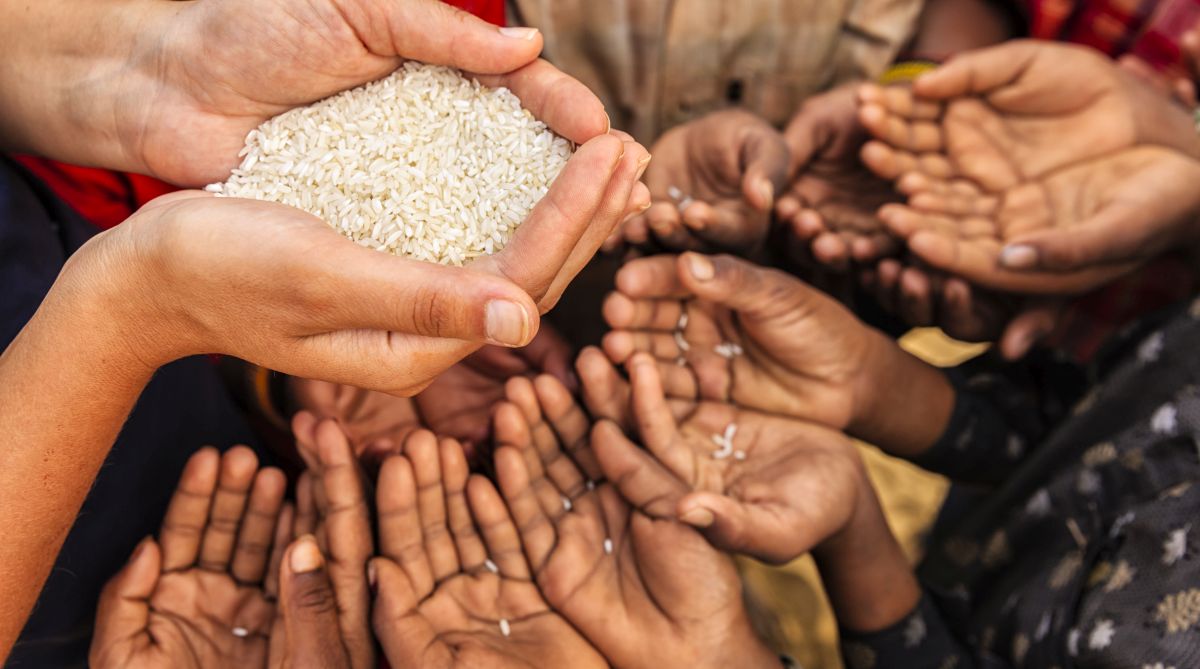More than half of Fiji’s rural population lives in poverty
This contributes to 62.2 per cent of the country's total poor population of around 900,000 people.
“The pandemic wiped out more than four years of progress on poverty eradication and pushed 93 million more people into extreme poverty in 2020. It has disrupted essential health services, resulting in a drop in immunization coverage for the first time in a decade and a rise in deaths from tuberculosis and malaria, among many other impacts. Prolonged school closures put 24 million learners from pre-primary to university levels at risk of not returning to school.”

Representational Image. (Photo: GETTY)
As a long term catastrophic impact of Covid 19 pandemic the world would witness disruptive UN sustainable growth targets like poverty alleviation, immunization goals and essential health services among others, says a UN study. According to a recent United Nations (UN),the Sustainable Development Goals Report 2022 ,the two most affected segments highlighted in the report are education and poverty.
“The pandemic wiped out more than four years of progress on poverty eradication and pushed 93 million more people into extreme poverty in 2020. It has disrupted essential health services, resulting in a drop in immunization coverage for the first time in a decade and a rise in deaths from tuberculosis and malaria, among many other impacts. Prolonged school closures put 24 million learners from pre-primary to university levels at risk of not returning to school.” – The Sustainable Development Goals Report 2022, United Nation Organization
The major global concern as reported by the report is that of planning. The worst impact of the pandemic is on the 2030 sustainable agenda. According to Sustainable Development Goals each country had set individual targets growth targets and 2030 was the benchmark year to achieve them. The pandemic majorly distorted these targets and has set them back by 4 to 6 years.
Advertisement
The UN has also raised concern over the area of healthcare, highlighting that the sector has experienced a major hit due to the pandemic. The healthcare workers have been working day and night to fight the pandemic. Research and development in the wider sphere of healthcare has suffered a lot because most of the researchers and scientists were focused on researching medicines and drugs helpful to fight the coronavirus.
Impact of Covid 19 Pandemic on women
The UN report also highlighted how women significantly lost their jobs due to the pandemic and had to face additional burden due to unpaid care work and even domestic violence.
It was also made clear that the pandemic is yet far from over and the worldwide economic recovery is “fragile and patchy”. New COVID-19 variants are still being discovered and the pandemic is impacting the global supply-chain, while raising inflation. In addition, the developing countries are dealing with problems like unsustainable debt and growing labor market pressures.
Covid 19 aggravated conflict zones
Increased level of conflicts is a major concern according to the report. It was reported that close to two billion people live in countries involved in some conflict whether domestic or international. It was also stated that the world faced the highest number of refugee crises in terms of numbers in 2021. The current situation between Ukraine and Russia has further worsened the displacement statistics. As of May 2022, more than 6.5 million refugees had fled Ukraine and most of them were women and children.
As per the statement of António Guterres, Secretary-General of the United Nations, attached with the report, “These situations will only deteriorate with climate change, which acts as a “crisis multiplier”, and whose impacts are already being felt across the globe. Increased heat-waves, droughts and floods are affecting billions of people worldwide, contributing further to poverty, hunger and instability. The COVID-19 pandemic and the war in Ukraine have further delayed the urgently needed transition to greener economies. Based on current national commitments, global greenhouse gas emissions are set to increase by almost 14 per cent over the current decade.”
Advertisement